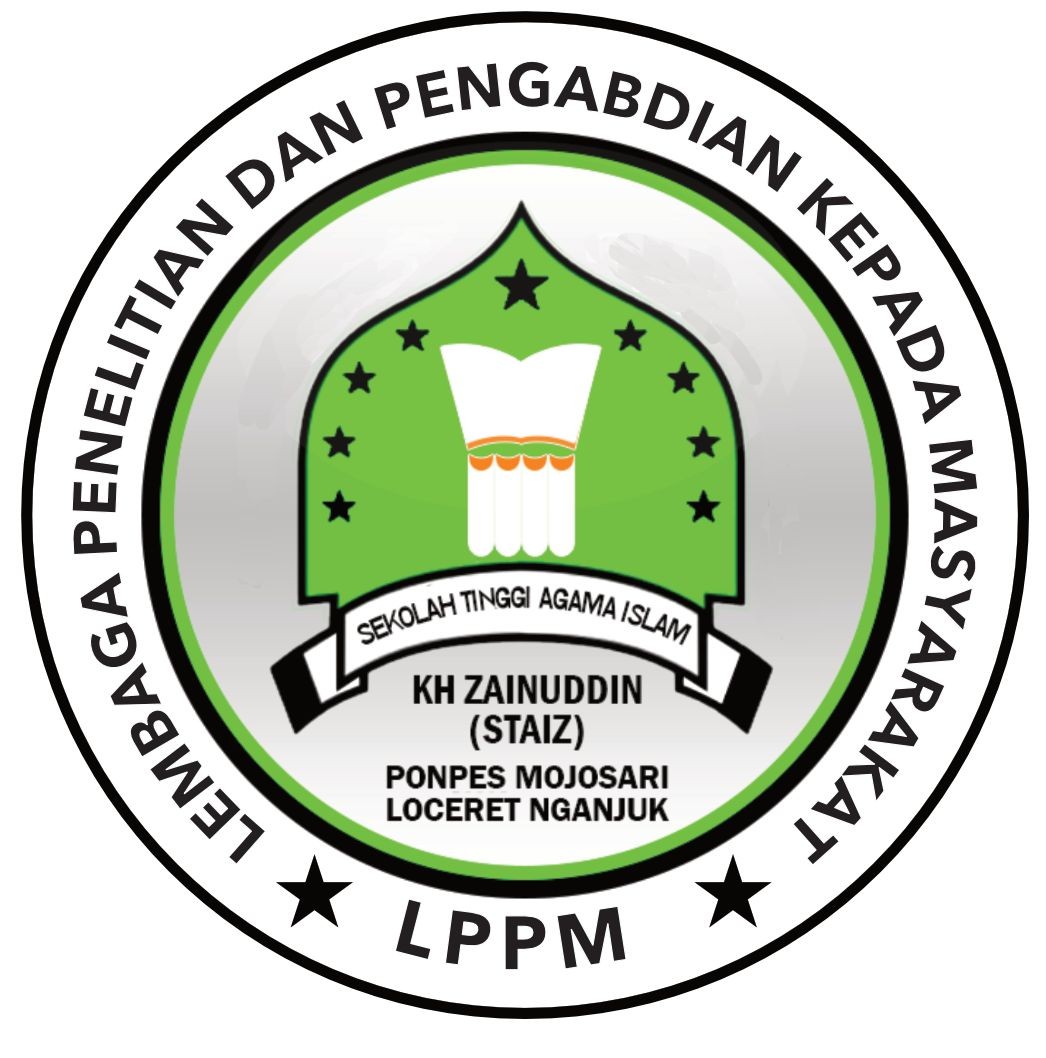Analisis Yuridis terhadap Pembagian Warisan Kepada Anak dari Istri Kedua Menurut Kitab Undang-Undang Hukum Perdata
DOI:
https://doi.org/10.71417/jchi.v1i2.45Kata Kunci:
Legitimate Children, Inheritance Law, Civil CodeAbstrak
Inheritance distribution is an essential aspect of family law, explicitly regulated in the Indonesian Civil Code (KUH Perdata). One of the recurring issues in practice is the legal standing of children from a second marriage in obtaining inheritance rights. This study aims to provide a normative juridical analysis of how the Civil Code regulates the inheritance rights of children from second marriages and how the principles of civil inheritance law apply in such contexts. The research employs a normative legal method using statutory, conceptual, and case-based approaches through court decision analysis. The findings indicate that legitimate children born from a second marriage hold the same legal status as those from the first marriage regarding inheritance rights, as stipulated in the Civil Code. There is no distinction in the legal position of children based on the order of their parents’ marriages, provided they are legally recognized. In conclusion, the Civil Code upholds the principle of equality in inheritance distribution without discrimination against children of second wives. Thus, any denial of such inheritance rights contradicts the applicable principles of civil law.
Unduhan
Diterbitkan
Terbitan
Bagian
##category.category##
Lisensi
Hak Cipta (c) 2025 Zainul Arifin, Peni Nurmaliza, Nur`ainy Agmilya Sasmitha, Rahayu Sri Utami (Author)

Artikel ini berlisensiCreative Commons Attribution-NonCommercial-ShareAlike 4.0 International License.



















